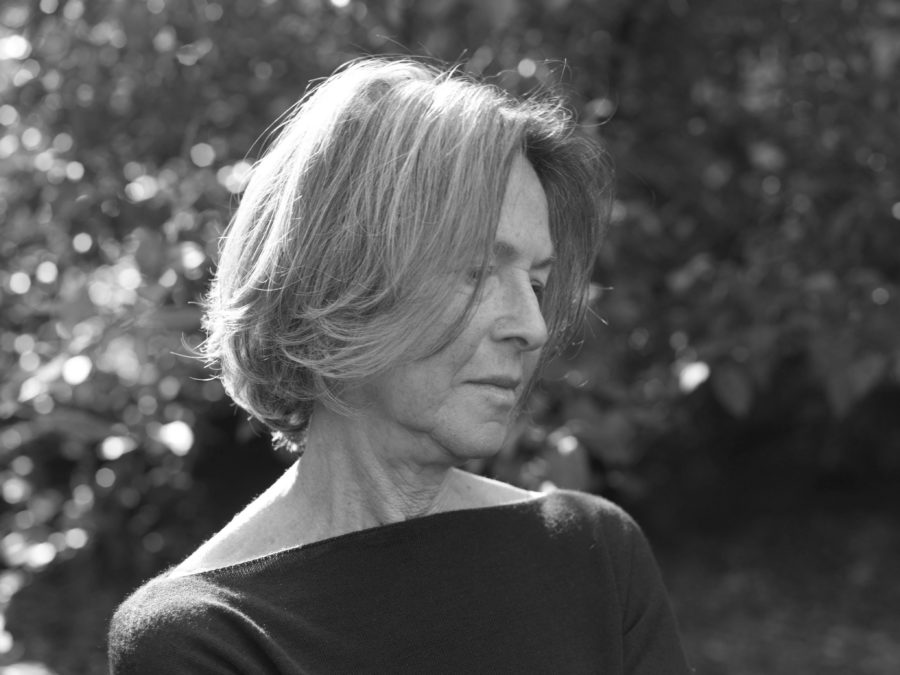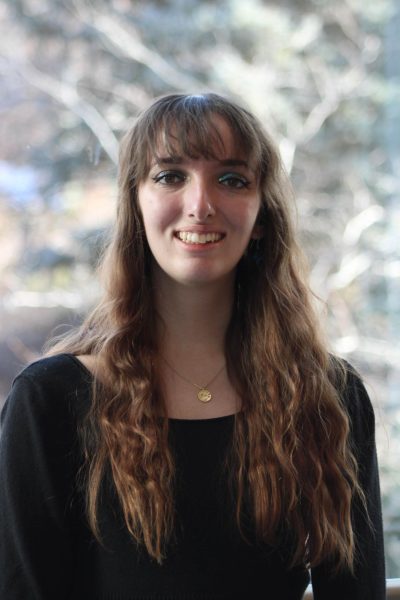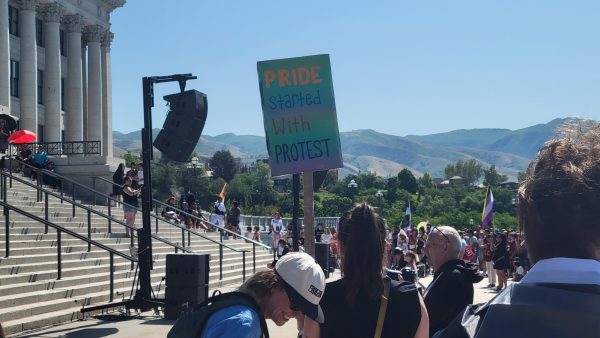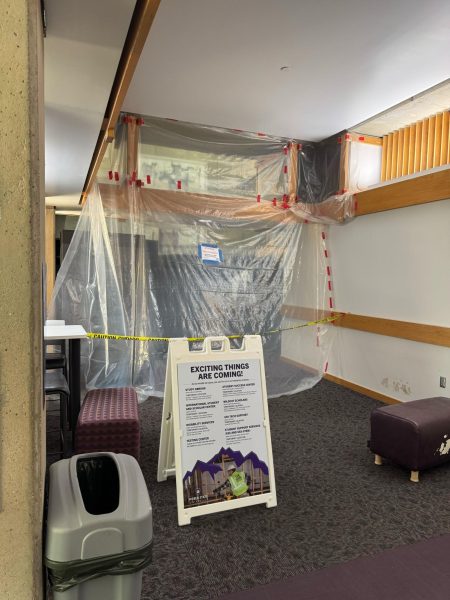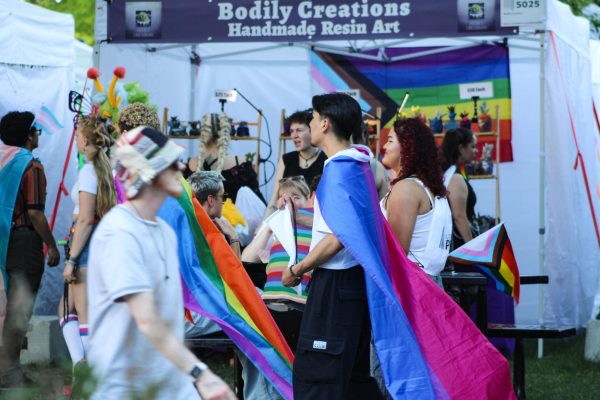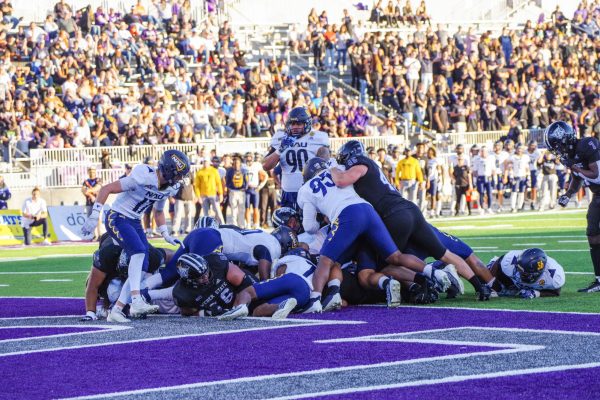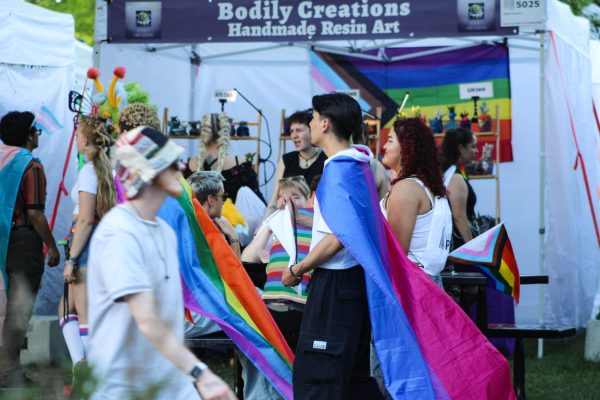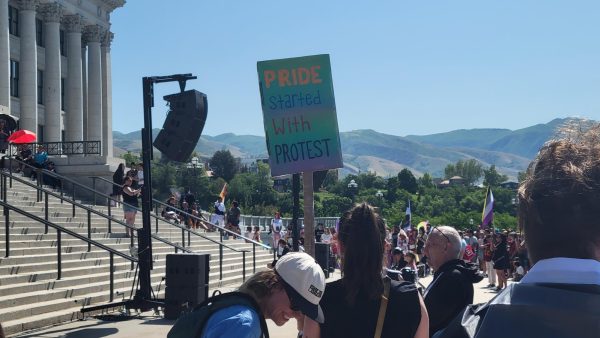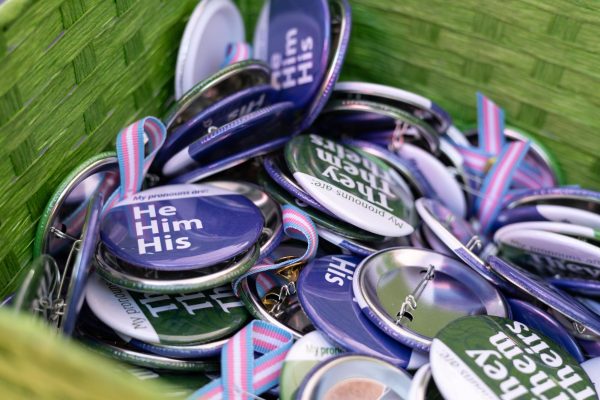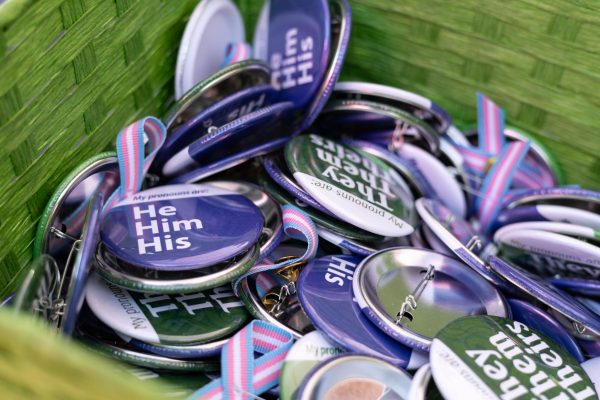Nobel Prize winner visits WSU
The National Undergraduate Literature Conference will be held on March 30-April 1 in Elizabeth Hall, and this year, Nobel Prize winning poet and previous United States poet laureate Louise Glück will be speaking. NULC is a conference where student authors and poets can come together to share their work, and it usually includes a guest author presentation keynote.
Glück will have two panels on March 30 and 31, both from 10:30-11:30 a.m. On March 30, she will be interviewed by Laura Stott, an English professor at Weber State, who has studied Glück for over 25 years.
Since finding out she would be the interviewer in the fall 2022 semester, Stott has been eagerly preparing for the event.
“I’ve read a lot of her work, and I’ve just been thinking that over for quite some time,” Stott said.
In addition to these preparations, Stott has also watched previous interviews of Glück to get a feel for her interview style.
Stott showed her collection of Glück’s books, saying the first she ever owned was “The Wild Iris.” This collection of poetry focuses around a garden and floral theme, winning a Pulitzer Prize in 1993.
“I think I quickly fell in love with just her kind of contemplative sort of writing style,” Stott said.
That style has influenced Stott’s own poetry. In Stott’s first book of poetry, “In the Museum of Coming and Going,” she has a collection of poems titled “Migration” that express similar themes in unique manners. Glück utilizes a similar technique in a few of her poems. Stott said Glück’s work gave her the permission to try out similar techniques, and it was okay to write in similar ways.
Stott is excited for the opportunities it will bring to students. The conference will be filled with student presentation sessions, in which a handful of selected student authors, poets and researchers will present their work in a panel. There are several different categories for these sessions, including poetry, fiction and research in American literature.
Stott mentioned that presenting at the conference is great for student writers because they can get a sense of completion by sharing their work with others. She said the conference is also great for resumés and applications to graduate school.
As for Glück’s panels, Stott said she is a good example of perseverance in writing. There were several years where Glück did not write anything. Many writers and student writers experience something similar at some point, usually referred to as writer’s block. However, she kept trying and eventually continued to create meaningful works, many that have won prestigious awards.
“If you do find that there are stretches of silence, I think that’s something to realize,” Stott said. “That doesn’t mean that it’s going to be gone forever. There will be something that really happens that will just open it back up again, and you’ll suddenly write a book really quickly.”


